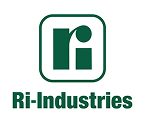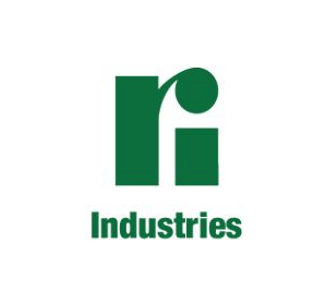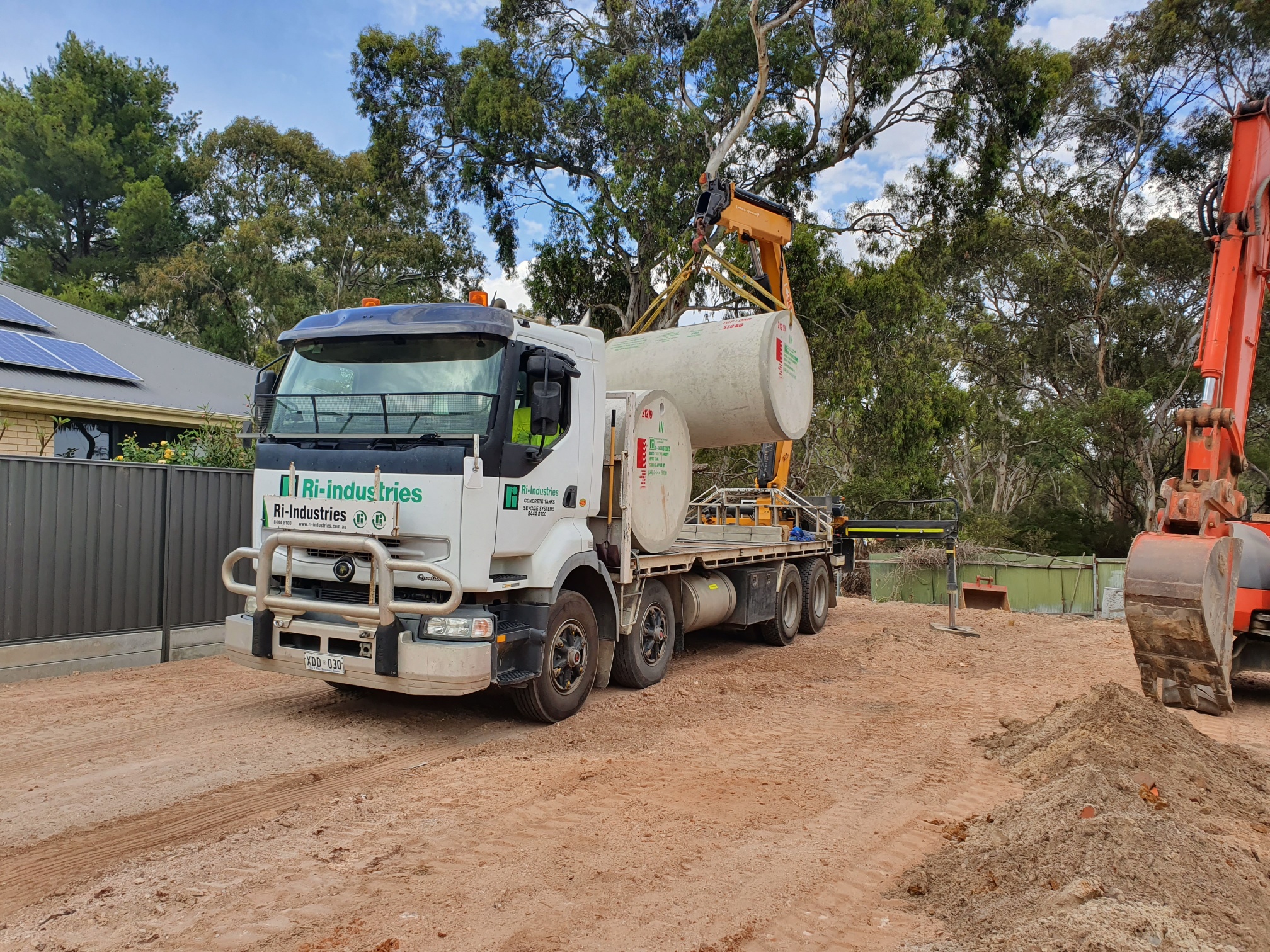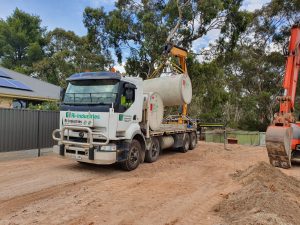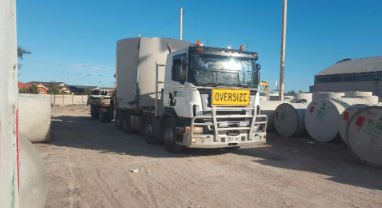Toilet paper: A necessary item for all of us, but one we don’t give much thought to until a problem arises, like a clogged toilet, a septic system in need of repair, or a worldwide shortage like we experienced in 2020. We may not be able to help you with the supply and demand issue, but we certainly can share important information to help avoid clogged toilets and damaged septic systems.
It’s actually quite simple. Your choice of toilet paper and how much is used can make a big difference in how well a septic system works. We’ve previously spoken about this in our blog Which Toilet Paper is Best for my Septic System?.
What characteristics of toilet paper are best for the septic system?
Recycled paper – The benefits here are the lack of bleach or other harsh chemicals that might affect the delicate balance in a septic system.
Biodegradable paper – This paper is specially designed to break down quickly. Non-dissolvable fibers are not used and the bonds in the paper are looser than non-biodegradable toilet paper.
The industry experts over at sensibledigs.com have formulated their list of the Best Toilet Paper for Septic Systems of 2021. Even though they are based in the US, the good news is that most of these toilet paper brands are available in Australia, too. Here are their choices:
- Best Ultra Soft – Cottonelle Ultra Comfort Toilet Pap

- Best 2-Ply Septic-Safe – Amazon Brand Presto
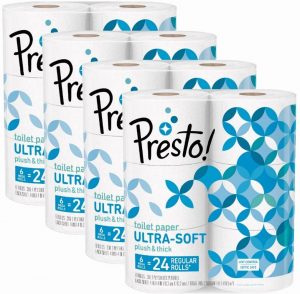
- Best Scented Septic-Safe – Angel Soft Lavender Toilet Paper

- Best for RVs – Firebelly Outfitters RV Toilet Paper

- Best Recycled – Seventh Generation White Toilet Paper

- Best Bamboo Septic-Safe Toilet Paper – Caboo Tree-Free Toilet Paper

Now you may be wondering what are the characteristics of toilet paper that are bad for the septic system:
- Quilted – The adhesion between the layers will make this paper more difficult to break down.
- Triple (or more) Ply – Again, it’s about the layers. The more layers the paper has, the longer it will take to break down.
- Scented – The fragrance added to the paper introduces harsh chemicals into the delicate balance of the septic system. The experts chose Angel Soft Lavender Toilet Paper for the ‘Best of’ list because it’s not the paper itself that is scented, it’s actually the tube the paper comes on that is scented – clever!
Now that you’ve carefully chosen the safest brand of toilet paper for your septic system, we should talk about how much toilet paper to use: As little as possible. Should the need arise to use more paper than usual, flush throughout the use.
The septic system is designed to be out of sight and out of mind. You can help to keep it that way by smartly choosing the right type of toilet paper and limiting how much you use.
Have questions? Give us a call at 08 8444 8100.
